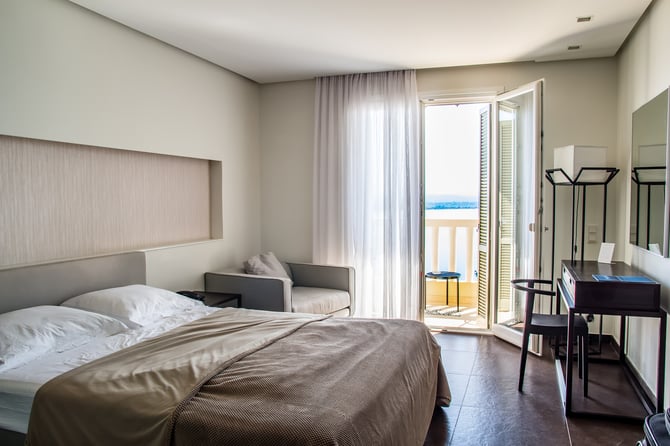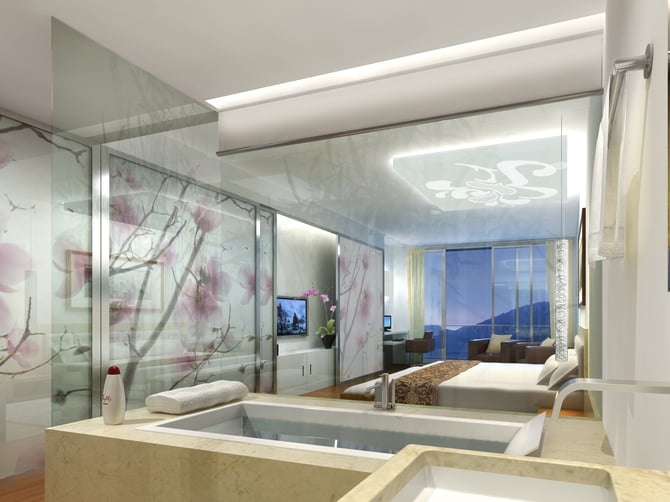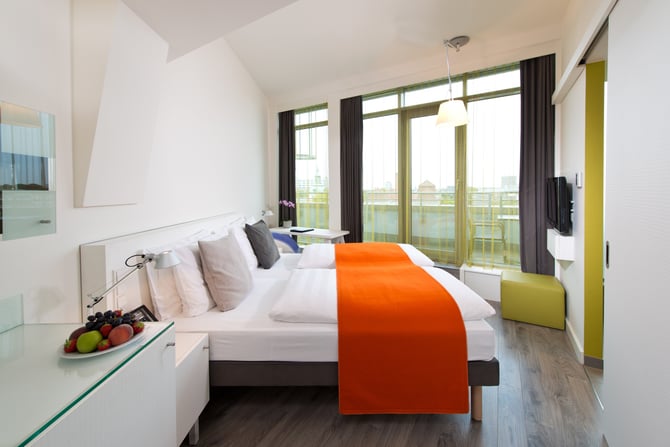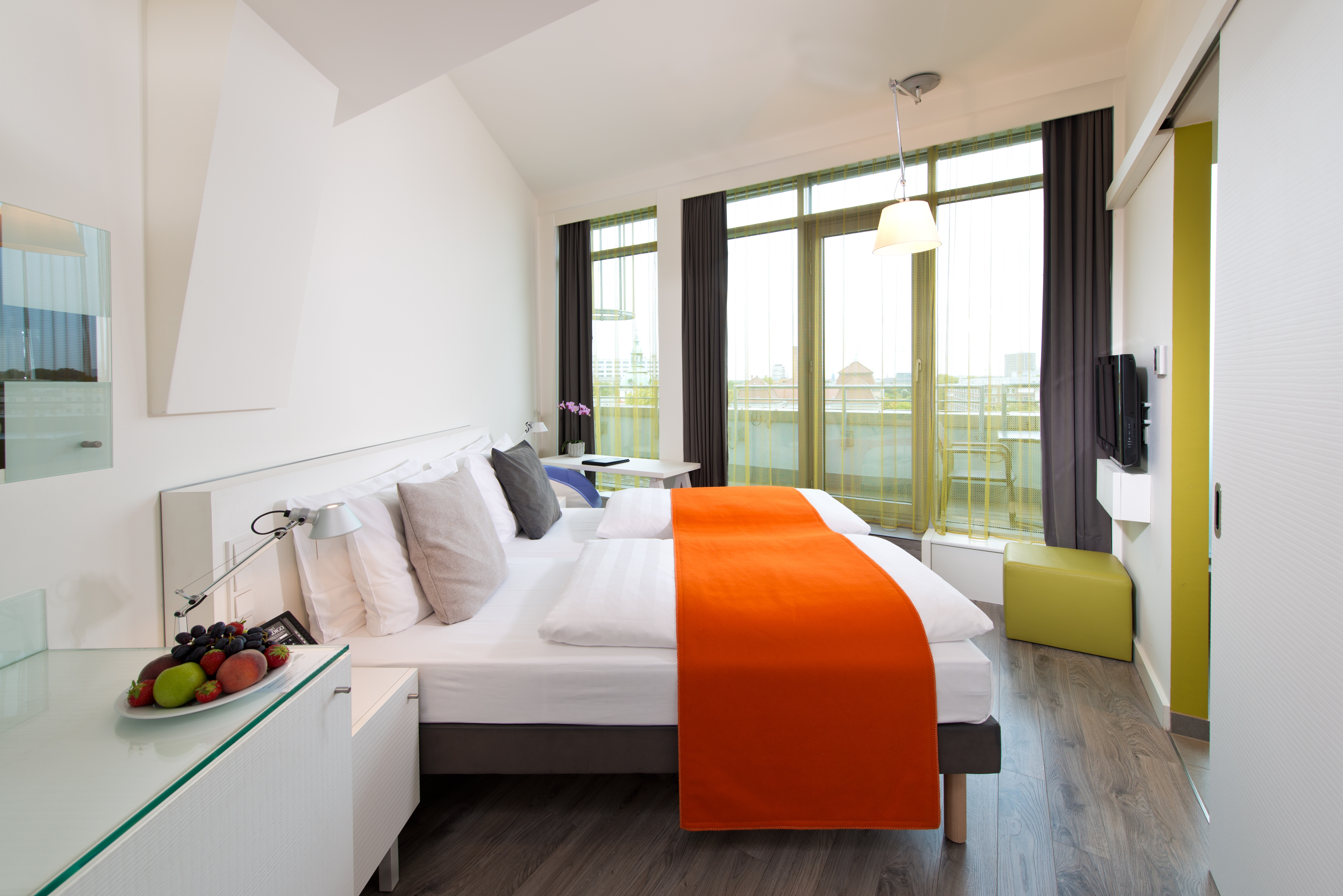Following the mass slaughter of 58 attendees at a Las Vegas music festival on 1 October 2017, hotels have begun to revise their practice of allowing guests the right to prevent staff from entering their rooms by posting 'do not disturb' signs.
Indeed, on that day in October, a lone gunman Stephen Paddock, opened fire on the crowd of 22’000 festival goers from the window of his 32nd-floor room at the Mandalay Bay where he had been holed up for six days during which he built up an arsenal of weapons without the staff noticing, since they never had a chance to enter the room.
Reportedly, Paddock, brought at least 10 suitcases full of firearms into his room and built his own surveillance system outside his suite in the days before the shooting.
Now following, this dreadful incident, there have been widespread changes regarding the use of 'do not disturb' signs, which have been either subject to new conditions or removed from hotel rooms altogether.

No more ‘Do not disturb’ signs' at Disney hotels
Guests won’t find any “Do not disturb” signs hanging on doors at Disney's three hotels at the company's original site in Anaheim, California.
Instead, guests can put a “Room occupied” sign on the door to let employees know that someone is inside, but they can’t insist on not being disturbed.
In fact, if housekeepers can’t get in to clean a room, the new policy dictates that a specially trained hotel employee will knock on the door and go inside, to make sure that everything is in order.
The fine print at the bottom of Disneyland hotels' new door signs, which were introduced on 21 December, reads: "The Disney Resort Hotel and its staff reserve the right to enter your room, even when the sign is displayed, for maintenance, safety, security or any other purpose."
Disney have not been very forthcoming as to why these changes were put into effect, but, given the timing, there seems to be a clear link with the 1 October massacre in Las Vegas.
Eventually, all Disney properties will adopt the new rules and, as of early January, eight hotels operated by Disney, including those at Disneyland, the Aulani in Hawaii and the four hotels that overlook the monorail at Walt Disney World in Orlando, Florida, had adopted this new “visit each day” policy.

Hilton has changed its “Do Not Disturb” policy
At end December, Hilton followed suit and updated its policy regarding “do not disturb” signs.
Apparently, the change was announced in an internal memo to hotels, so it might be a while before the measures are implemented globally.
According to the new policy, hotels need to update their guest directories to contain the following text in the guest privacy section: “We understand and respect your need for privacy. The hotel reserves the right to visually inspect all guest rooms every 24 hours to ensure the well-being of our guests and confirm the condition of the room.”
Furthermore, the hotels’ “unable to service” cards must contain the following message: “We understand and respect your need for privacy. The hotel reserves the right to visually inspect all guest rooms every 24 hours to ensure the well-being of our guests and confirm the condition of the room. If service is refused for this length of time, a member of hotel management will check on the guest room.”
There’s, nevertheless, a difference between reserving the right to inspect a room every 24 hours, and saying that a member of hotel management will check on the guest room if a “do not disturb” sign has been up for 24 hours.
Otherwise, hotel staff members are encouraged to report any “suspicious behavior,” which could include the following:
- Guests overly concerned about privacy;
- Guests refusing room cleaning for extended period of time;
- Those taking photos and notes about the hotel;
- Switching rooms a number of times;
- Requesting specific rooms;
- Extended use of DND (do not disturb) sign;
- Using cash for payment;
- Guest doesn’t leave the room for extended period; or
- Guest leaves the room for extended period

It's obvious that these policy changes have come in response to the October Las Vegas shooting.
However, some of the above recommendations for staff may prove to be overly intrusive and could end up having a negative effect on a hotel's guest relations.
Apparently, Hilton has been the first major global hotel chain to change their policies following the shooting, though numerous smaller hotel groups seem to have updated their practices, which is contrary to the normal state of affairs where typically the big chains lead the way.
Anecdotally, I can say that in the last two hotels I stayed in during the month of February - one of which was an independent Swiss mountain resort hotel and the other a hotel belonging to a small group in central London - there were no more signs to hang on the door of any kind.





